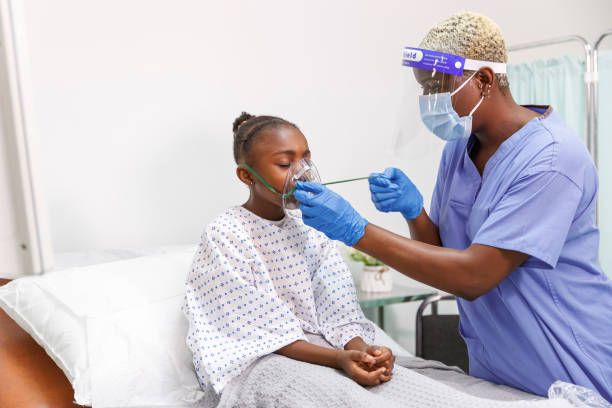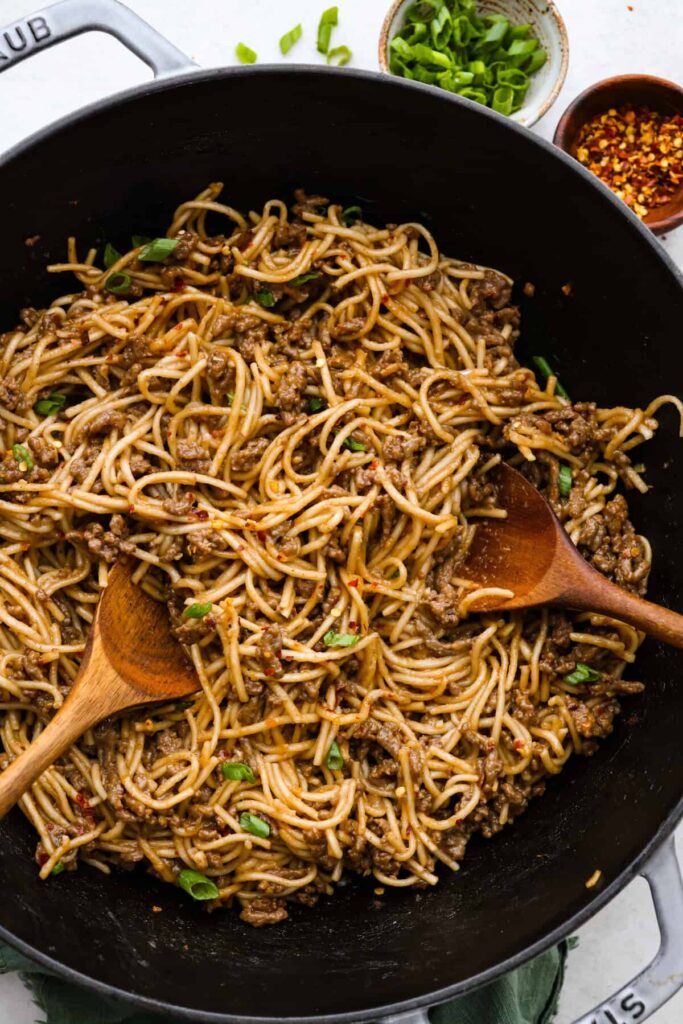Children with asthma are at increased risk of illnesses such as COVID-19 and exacerbating the symptoms.
Image credits: Unsplash

Recent research published in JAMA Network Open suggests that states with higher COVID-19 vaccination rates among individuals aged 5 and up may experience benefits beyond controlling the virus itself. The study explores a potential correlation between vaccination rates and improved outcomes for pediatric asthma patients.
For every 10% increase in COVID-19 vaccination coverage, there was a corresponding decrease of .36 percentage points in parent-reported childhood asthma symptoms. States with the highest vaccination rates saw the most significant improvements, with asthma symptom decreases of 1.7 percentage points. This effect was nearly three times greater than in states with the lowest vaccination rates, where symptom reductions were only .6 percentage points.
Researchers who conducted the study, Matthew M Davis, MD, MAPP, executive vice-president, enterprise physician-in-chief and chief scientific officer of Nemours Children’s Health, and coauthor Lakshmi Halasyamani, MD, chief clinical officer of Endeavor Health, highlight two potential mechanisms linking higher vaccination rates to improved asthma outcomes,
“First, higher population-level vaccination coverage might indicate that children with asthma are more likely to be vaccinated against COVID-19, themselves, compared with children with asthma in other states with lower COVID-19 vaccination coverage. Second, higher population-level vaccination coverage might mean that adults and other children essentially provide a protective community around children with asthma, by making it less likely that viruses will spread from person to person in the community. This protection would be especially important for children with asthma who were not vaccinated against COVID-19. “
The study suggests that community-level immunity from higher vaccination rates may have contributed to reducing children’s risk of contracting COVID-19 and potentially easing asthma symptoms. Furthermore, it indicates that COVID-19 vaccinations might mitigate other respiratory illnesses associated with coronaviruses, suggesting broader protective benefits.
3 Key Takeaways
- Higher COVID-19 vaccination rates among individuals aged 5 and up correlate with reduced parent-reported childhood asthma symptoms, showing a decrease of .36 percentage points for every 10 percentage point increase in vaccination coverage.
- Community-level immunity from higher vaccination rates may protect children with asthma from COVID-19 and potentially ease symptoms of other respiratory illnesses associated with coronaviruses.
- The study suggests that promoting COVID-19 vaccination, particularly among children with asthma and their contacts, could have dual benefits in controlling the pandemic and improving pediatric asthma outcomes, necessitating further research to validate these findings.
“Herd immunity against COVID-19 may help reduce the chances of person-to-person transmission of the SARS-CoV-2 virus, which may help prevent children with asthma from contracting COVID-19 illness and having a higher likelihood of developing a flare of asthma symptoms,” David and Halasyamani explain further. “In addition, COVID-19 vaccination may protect against other coronavirus infections through cross-reactive antibodies, so the benefits for children through vaccination of themselves and/or others may not be limited to protection against SARS-CoV-2.”
The limitation of this study is that it relied on parent-reported data rather than clinical measures like hospitalizations or emergency department visits to assess asthma outcomes. Additionally, it did not specifically measure vaccination rates among children with asthma, which could provide more targeted insights.
“Childhood vaccination against influenza, pneumococcus, and COVID-19 is already recommended universally in the United States for children, based on their ages, because of the morbidity and mortality associated with respiratory illnesses caused by these organisms at the population level among children and adults. The findings in our study may help encourage vaccination against COVID-19, especially for children with asthma or their close contacts,” according to David and Halasyamani.
While promising, the findings underscore the need for further research to confirm the observed associations between COVID-19 vaccination rates and pediatric asthma outcomes. Future studies could explore vaccination strategies tailored to children with asthma to understand these potential benefits better. This study highlights a potential dual benefit of COVID-19 vaccination programs, emphasizing their role in controlling the pandemic and their possible impact on reducing childhood asthma symptoms.








